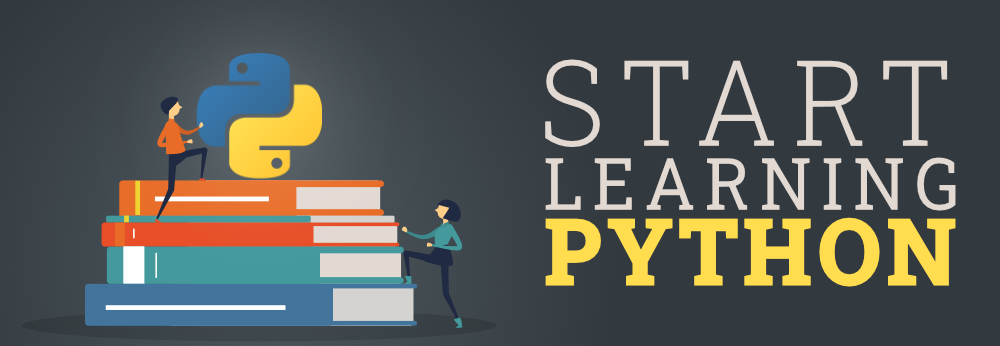In the world of technology, where change happens at lightning speed, there’s one fascinating concept that has the potential to revolutionize everything we know about computing—Quantum Computing. If you’re a BCA student or just someone curious about tech, understanding the basics of quantum computing can give you a glimpse into the future of technology. Don’t worry; we’ll keep it simple and easy to grasp!
What is Quantum Computing?
Imagine your regular computer as a super-smart person solving problems by following strict rules step by step. Now, picture a quantum computer as a genius who can think about all possibilities at once and find solutions faster. That’s the magic of quantum computing!
In traditional computing, the smallest unit of data is a bit, which can be either a 0 or a 1. But in quantum computing, the smallest unit is a qubit (quantum bit), and here’s where it gets exciting:
- A qubit can be 0, 1, or both at the same time, thanks to a property called superposition.
- It can also link with other qubits in a special way called entanglement, which means they can work together even if they’re far apart.
Why Should BCA Students Care About Quantum Computing?
- The Next Big Thing: Just like the internet or smartphones once seemed futuristic, quantum computing is the next tech wave. Getting a head start on understanding it could give you a major edge.
- Real-World Applications: Quantum computing isn’t just theory—it’s already being used in areas like cryptography, drug discovery, weather prediction, and artificial intelligence (AI).
- Career Opportunities: As quantum computing grows, companies will need experts to build and use these machines. Learning about it now could open doors to high-demand roles.
How Does Quantum Computing Work?
Let’s break it down into three key concepts:
- Superposition
In classical computers, a bit is like a light switch—it’s either ON (1) or OFF (0). A qubit, on the other hand, is like a dimmer switch—it can be a mix of ON and OFF at the same time. This allows quantum computers to perform multiple calculations simultaneously. - Entanglement
Think of two qubits like twins with a secret connection. If you change one twin, the other feels it instantly, no matter the distance between them. This connection allows quantum computers to solve problems more efficiently. - Quantum Interference
Quantum computers use interference to amplify the correct answers to a problem while canceling out the wrong ones. It’s like tuning a radio to get the clearest signal.
What Can Quantum Computers Do?
Quantum computers are great at solving problems that are too complex for traditional computers. Some of their potential applications include:
- Breaking Cryptography: They can crack encryption that would take regular computers centuries to solve.
- Advancing AI: They can process massive amounts of data to train AI models faster.
- Revolutionizing Medicine: By simulating molecules, quantum computers could help discover new drugs.
- Optimizing Systems: From supply chains to traffic flow, quantum computers can find the best solutions for complicated systems.
Is Quantum Computing a Threat to Traditional Computers?
Not really! Quantum computers won’t replace your laptop or smartphone anytime soon. They’re designed for specific tasks, not everyday use. For now, traditional computers are still better for things like browsing the web or playing games.
How Can a BCA Student Start Learning About Quantum Computing?
- Understand the Basics of Quantum Physics
Don’t worry, you don’t need a Ph.D. Start with simple resources like YouTube videos or beginner-friendly books on quantum mechanics. - Learn Python
Python is often used in quantum computing because of libraries like Qiskit (IBM’s open-source framework for quantum programming). - Experiment with Online Simulators
Platforms like IBM Quantum Experience allow you to experiment with quantum computing on a real quantum machine, right from your laptop. - Follow Quantum Computing News
Stay updated with breakthroughs and trends. Websites like Quanta Magazine and MIT Technology Review are great starting points. - Take Online Courses
Websites like Coursera, edX, and Udemy offer courses on quantum computing. Look for beginner-friendly ones tailored to computer science students.
The Future of Quantum Computing
Quantum computing is still in its early stages, like the internet in the 1990s. But just as the internet transformed our lives, quantum computing has the potential to reshape industries and solve problems we can’t even imagine today.
As a BCA student, keeping up with trends like quantum computing can prepare you for a future where this technology plays a major role. Who knows? You might even end up contributing to the quantum revolution!
Conclusion
Quantum computing may sound complicated, but at its core, it’s about solving problems faster and more efficiently than ever before. For BCA students, understanding this emerging field isn’t just exciting—it’s essential for staying ahead in the tech game.
So, dive in, explore, and embrace the quantum future. The possibilities are endless!












